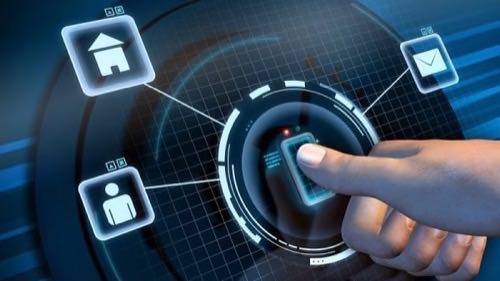
Guest author Sarah Rotman Epps is a Senior Analyst at Forrester Research.
Computing is permeating domains that were previously not connected. That theme was readily observable at the Consumer Electronics Show (CES) in Las Vegas last week, where sensor-powered devices for your plants, pets, posture and dining utensils were all on display, not to mention the numerous devices for tracking your sleep and exercise.
Enhance? Or Replace?
These devices are undoubtedly useful, but do we really need devices to replace our basic powers of observation?
For example, the Flower Power plant sensor by Parrot tells you when your plant needs more or less sunshine, water or fertilizer. Now, I am the first to admit failure in gardening – usually, my plants get eaten by critters before they can die of over- or under-watering – and if Flower Power brings success to more would-be gardeners, fine.
However, it’s worth considering what we might be missing by outsourcing our powers of observation to a sensor and a smartphone.
Will these tools, over time, enhance our powers of observation (i.e., would we eventually recognize the signs of a light-starved plant with our own eyes, and decrease our dependence on the device)? Or would looking at plants and understanding what they’re telling us become a skill we replace with another skill? (We don’t need to remember phone numbers anymore, for example, but we do need to discern spam emails from real ones. Evolution never ceases!)
We should push sensor-laden devices – and our use of them – to enhance, not outsource, our cognitive experience.
Spidey-Sense Superpowers!
An example (also from CES) of a product that does this is the Lapka: an elegantly designed “personal environment monitor” that senses humidity, pesticides (via a small block you “plug in” to a fruit or vegetable via a headphone jack), electromagnetic fields and radiation, through a tactile interface of wooden and plastic blocks that tether to your smartphone for data display. I like this product because it makes accessible data about our physical environment that we previously could not get to unaided. That data lets us make better-informed decisions.
Basically, I want superpowers: I want devices and applications to help us achieve more as humans than we could without them.
Sometimes this might be about automating tasks, like the app EasilyDo does, that don’t add value to our lives, such as merging duplicate contacts in our address book.
Other times it might be about giving us access to information about our circadian rhythm, like the larklife does, so we can optimize our energy for the things we care about most, like being creative at work or being with our families.
As computing permeates more domains of our existence, we have the opportunity to demand more of our devices, and our use of them. As we plug in our plants and our forks, let’s just stop for a moment to evaluate the capabilities these new tools give us… and what jobs our old tools (and often our own senses) do just fine.

















